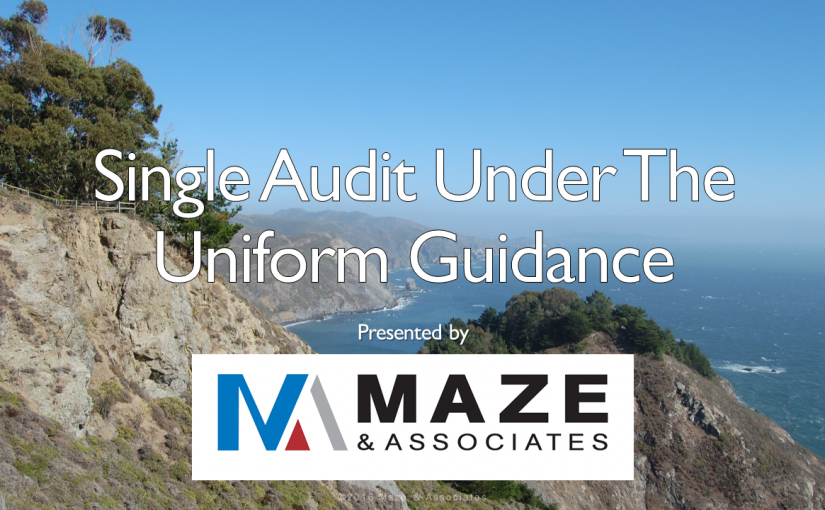In October 2015 the IRS released IRS Special Edition Tax Tip 2015-18, warning taxpayers of a growing trend in scammers pretending to be tax collectors from the IRS. Criminals will call taxpayers claiming the taxpayer owes a tax bill. They demand immediate payment and often threaten arrest if you do not make payment plans immediately.
It is important to note that they will change their tactics and the way they present their demand to try and throw people off. However, there are some common traits to their scams to look out for.
- They will demand immediate payment. They don’t want to give you time to think. If you do they are concerned that you will have second thoughts and realize it is a scam.
- They will typically try to use the appearance of authority to intimidate you. Often, they will call claiming to be an IRS agent, even offering a badge number.
- They will typically use fear to their advantage. The fear of owing the IRS money is enough to get people motivated to avoid being on the wrong side of the IRS. However, scammers have stepped up their game recently claiming that a warrant will be issued to local authorities to arrest you.
One way to avoid being a victim is to know how the IRS operates
- The IRS will not call and demand an immediate payment. The IRS will send you a bill in the mail.
- The IRS will not force you to pay without allowing you the right to appeal the amount you owe.
- The IRS will not require a specific form of payment for taxes. Scams often require payment by Western Union, gift card, or credit card.
- The IRS will not ask you for your credit card number over the phone.
- The IRS will not threaten to have the police come and arrest you.
What you can do
- Don’t give out any information, hang up immediately.
- You can report the incident to the IRS at their “IRS Impersonation Scam Reporting” webpage. Or you can call 800-366-4484.
- You can report it to the Federal Trade Commission. Use the “FTC Complaint Assistant” on FTC.gov. Please add “IRS Telephone Scam” in the notes.
Resources
- If you think you do owe taxes you can contact the IRS at 800-829-1040. IRS workers can assist you concerning any taxes you may owe.
- Each and every taxpayer has a set of fundamental rights they should be aware of when dealing with the IRS. These are your Taxpayer Bill of Rights. Explore your rights and our obligations to protect them on IRS.gov.
- For more, visit “Tax Scams and Consumer Alerts” on IRS.gov.

